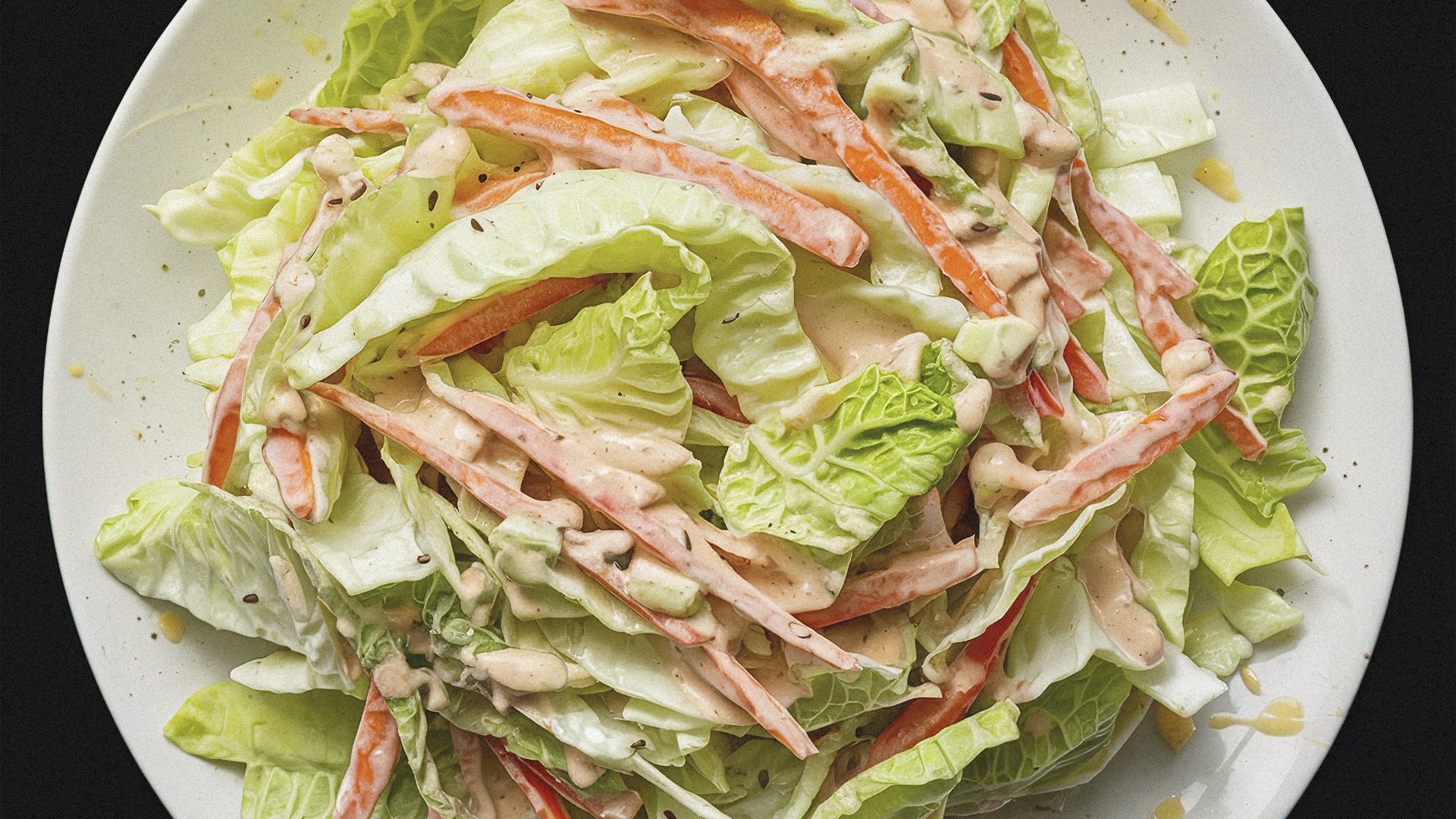On my earliest trips across the Atlantic to the USA in the late 1970s, I was delighted to discover a culinary experience I had not come across here in Britain: the help-yourself restaurant salad bar. I was especially pleased, as a non-vegetarian, to find that one of the options you could very often help yourself to from the bar was bacon bits.
The idea is that these crumbled pieces of salty bacon – as well as items like chopped boiled eggs (a very old tradition), sweetcorn, beans and legumes, a variety of sliced and diced vegetables, and even fruit – could be sprinkled over salads to add extra flavour to the otherwise perhaps rather bland leafy elements.
Some people will undoubtedly disagree with me about the desirability of adding bacon to salads – not only vegetarians, maybe, but also those who choose not to eat pork for reasons having to do with religious taboos, such as those associated with Islam, Judaism, and Seventh-Day Adventism, whose adherents believe that pig meat is “unclean”.
However, the good news for these objectors is that very many of the “bacon bits” which are on sale in British supermarkets today are not actually made of cured pork but are concocted out of artificially flavoured soy; and at least one brand of bacon bits currently available here is labelled “vegan friendly”.
But, interestingly, eating salads containing salty ingredients is a very old tradition indeed. We can see this very clearly from the linguistic science of etymology, from which we can learn that the word salad or sallet arrived in the English language in the late 1300s with the basic meaning of “raw herbs cut up and dressed”, from 14th-century Old French salade.
This was derived from salata, the feminine form of the past participle of the Vulgar Latin verb salare “to salt”, from Latin sal (genitive salis) “salt”, itself from the ancient Indo-European root *sal– (see TNE #309 on Latin past participles). Salata was a shortened form of herba salata “salted vegetables” (vegetables seasoned with brine, or salty oil and vinegar), a dish which was popular in Ancient Rome.
So, from the beginning, salads were salted more or less by definition, even if not necessarily with bits of bacon.
The originally Latin-descended Romance word salata has subsequently been taken into the Germanic and Slavic languages, as with German Salat and Polish sałatka. Particularly distinctive is the hyper-abbreviated Dutch form in which salad has been reduced to sla.
The Dutch word kool “cabbage” plus this sla gives us the American form cole slaw, literally “cabbage salad” specifically, according to the Oxford Dictionary, “sliced cabbage dressed with salt, pepper, vinegar, etc, eaten either raw or slightly cooked”.
New York was originally a Dutch colony called New Amsterdam, and many Dutch-origin words in American English – such as cookie from Dutch koekje “little cake” – date from that time.
Dutch sla is generally spelt slaw in American English because many American English accents rhyme words such as law and bra – they have the same vowel and can therefore be spelt in the same kind of way.
The form cole slaw first entered the English language in 1794 in the written form cold slaw, a folk etymological distortion due to the efforts of English speakers who did not know the Dutch word kool “cabbage”, or German Kohl or Scandinavian kål, to make sense of the Dutch phrase.
WAFFLE
Another Dutch food-related word which was borrowed into American English, in the Dutch colonial period during the 1700s, is waffle, “a kind of batter-cake, baked in irons”. This word is etymologically related to weave, and derives from Ancient Germanic wabila “honeycomb”.




